Top tips on renting your holiday home
The holiday-home market on the Cornish coast looks set for a lively summer. Arabella Youens finds out how to make the running costs bearable.
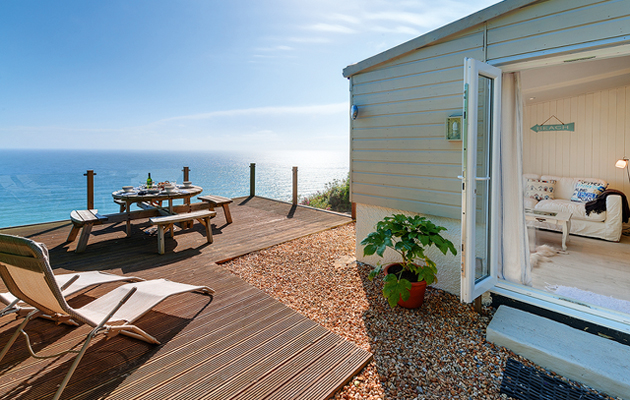

According to Jonathan Cunliffe of Savills in Truro (01872 243200), the market for top-notch holiday homes in and around Cornwall’s most popular villages and estuaries—Helford, St Mawes, Rock and Fowey—is ‘the best for many years’. This is evidenced by the recent sale of Lanarth, a large waterfront house in Rock, which has steps down to Porthilly Beach and had a guide price of £4.5 million. ‘During 2011 and 2012, the market for these sorts of houses—which are, after all, a lux- ury to own—went quiet, but, since the end of 2013, momentum has gathered and we’ve had good interest in the £3 million-plus market all year.’
Buy in one of these established markets and it’s a pretty safe bet investment-wise, believes Tom Hudson of Middleton Advisors (01235 436270). ‘There will always be a market for good houses in places such as Rock and Trebetherick; they’re old-school, destinations and their appeal seeps down from generation to generation.’
Jonathan agrees that buying something the children will enjoy is the number-one priority for buyers at this end of the market. ‘If you’ve got toddlers, you’ll head to the beaches on the south coast to St Mawes, Fowey or Helford; to appeal to teenagers, you’re better off on the north coast.’
When they’re not beng used by you, the very best houses will achieve £10,000 a week in high season. ‘It’s that dreadful adage of location, location, location, so, as long as you get that right, you can make it work,’ explains Tom.’
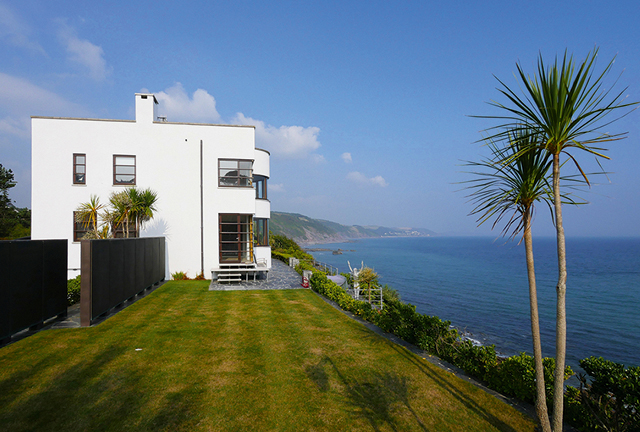
Renting: top tips Hobby farmer Matt Dodds, who breeds Zwartbles sheep, moved to Cornwall from the Cotswolds eight years ago with his partner, Marc Leon, a dressage trainer. ‘To find a farm on the coast in Cornwall needed a few more millions than we had at the time, so we settled inland. We’ve got planning permission to convert two barns here into holiday lets, but, in order to maximise the rental season in Cornwall, you have to be on the coast.’
After four years of searching, they bought one of the series of little huts overlooking Whitsand Bay on Tregonhawke Cliff that were built by Plymouth evacuees during the war. ‘It needed to be completely gutted, but has the most incredible view down to the Lizard peninsula, so we knew that, with a little reconfiguring, it’d work.’
Stay connected ‘The internal layout is very open plan by design, so that you can lie in bed and look out to the sea, but the kitchen area is very compact, meaning that I had to choose between a dishwasher and a washing machine. The letting agent was adamant that we’d need a washing machine, but, in the end, no one has ever asked about it,’ explains Matt.
Sign up for the Country Life Newsletter
Exquisite houses, the beauty of Nature, and how to get the most from your life, straight to your inbox.
‘However, one thing is abundantly clear: although everyone says they want to come to Cornwall to get away, they won’t want to be away from Wi-Fi. I had to have a 100ft channel dug as BT refused to connect us, but it’s been worth it.’
Invest in the best ‘My ethos is that, if you’ve had a good holiday, you’ve enjoyed being there more than being at home and, although the scenery will be a factor, it’s also important to crank up the quality of the kit, from sheets with a high thread count to sound systems and Dualit toasters.’
The agent For the first couple of years, it’s useful to get an agent and accept that you’ll be sacrificing between 20% and 30% of the letting fee. ‘Choose an agency that’s pro-active and will call you when they see there are gaps in the calendar and suggest ways of attracting rentals.’
He adds: ‘On the Cornish coast, if you’re really serious, you can expect the season to start at Easter and go on towards November.’
Changeovers ‘In my opinion, avoid Saturday as a changeover—the entirety of Cornwall will be on the road. Also, once you’ve found someone to do the changeover clean for you, it’s worth paying them over the odds to ensure they’re constant and committed and won’t mind going the extra mile when needed.’
Matt also recommends doing regular ‘spot checks’ to make sure all is up to scratch.
-
 Folio, Folio, wherefore art thou Folio? Shakespeare set to be auctioned by Sotheby's
Folio, Folio, wherefore art thou Folio? Shakespeare set to be auctioned by Sotheby'sFour Folios will be auctioned in London on May 23, with an estimate of £3.5–£4.5 million for 'the most significant publication in the history of English literature'.
By Lotte Brundle Published
-
 Damon Hill's former home in Marbella is the perfect place to slow down
Damon Hill's former home in Marbella is the perfect place to slow downThe glorious Andalusian-style villa is found within the Lomas de Marbella Club and just a short walk from the beach.
By James Fisher Published
-
 What to expect when you're expecting (to move to the countryside)
What to expect when you're expecting (to move to the countryside)On March 28, agents Michael Graham will be showcasing some of their best countryside properties at their west London office.
By James Fisher Published
-
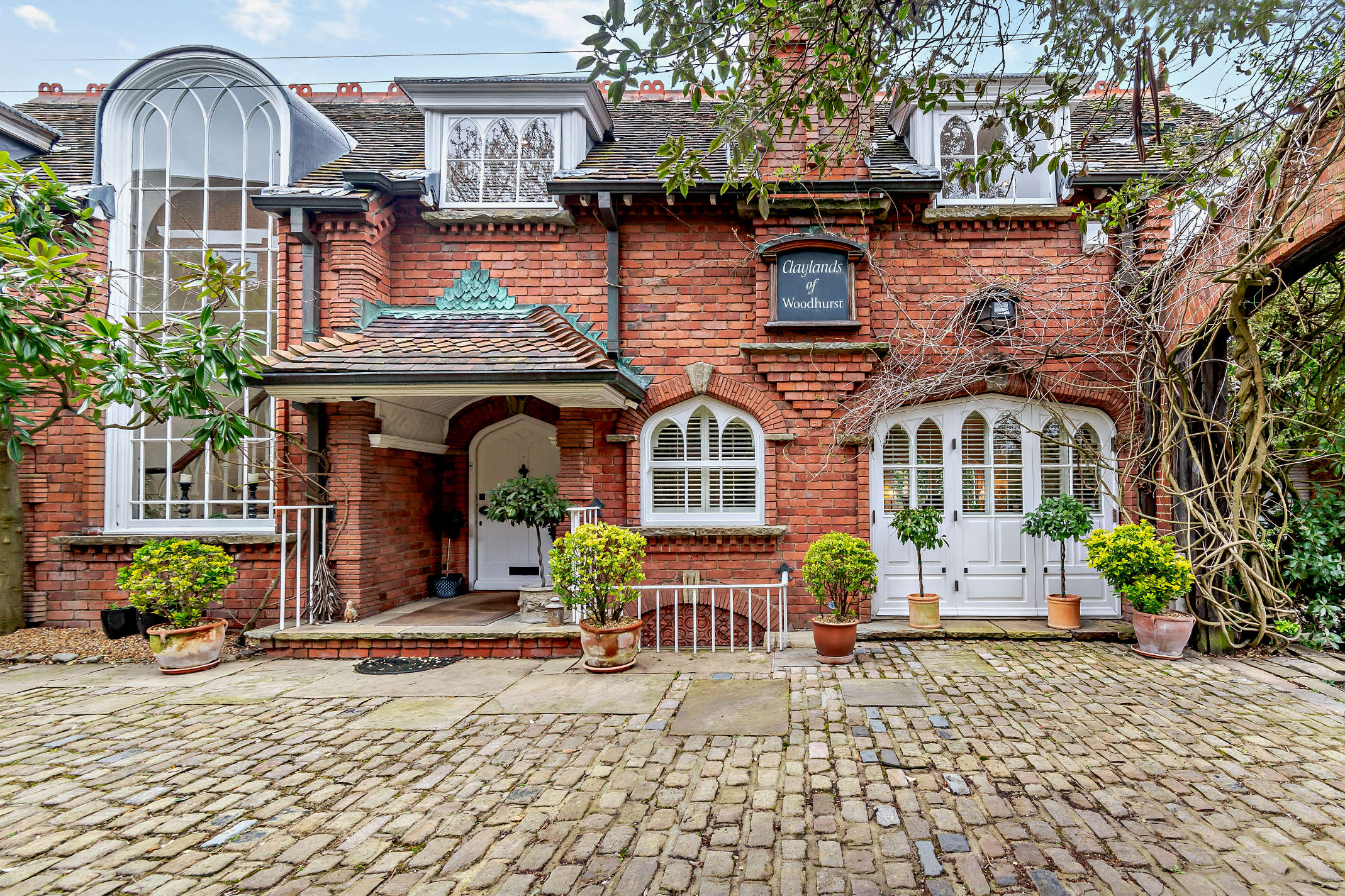 Property Talk: When is the right time to downsize?
Property Talk: When is the right time to downsize?Sometimes our homes can get too big for us, meaning it’s time to downsize. Here, we speak to those involved with the process.
By James Fisher Published
-
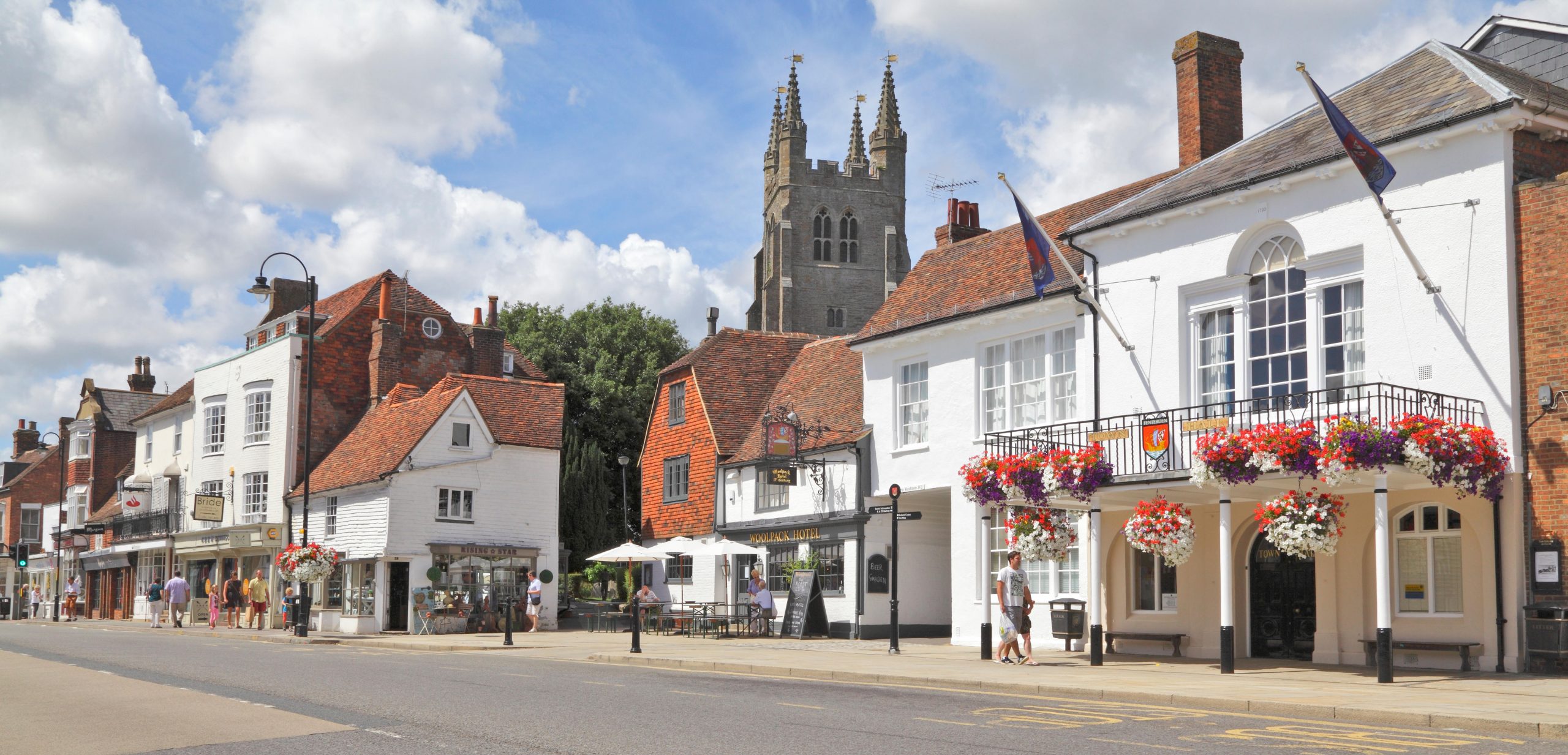 How to win in the property market: Tips from some of Britain's best buying agents
How to win in the property market: Tips from some of Britain's best buying agentsWhether looking for the perfect family home or negotiating on price, buying agents do the heavy lifting–and are well used to analysing the market. Carla Passino gets advice from a few of the best.
By Carla Passino Published
-
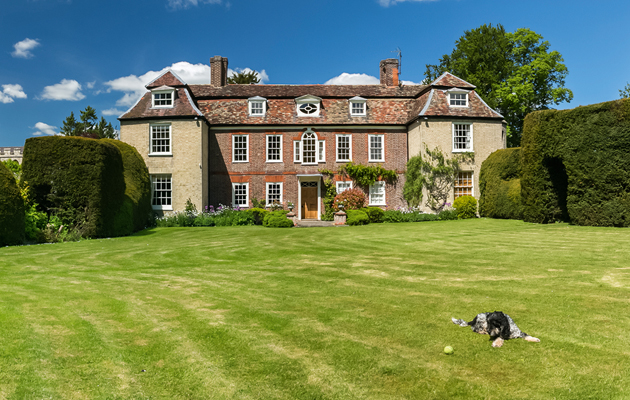 Tips and advice for holiday home owners
Tips and advice for holiday home ownersWith the start of the summer season nearly upon us, more and more country-house owners are dipping into the short-let scene.
By Country Life Published
-
 Property guide to Elstead
Property guide to ElsteadFreddie Mack shares the secrets of Elstead in Surrey, a prime spot for young families looking for properties outside London near good schools
By Country Life Published
-
 Property guide to Cheriton
Property guide to CheritonIf you're considering buying property in or around Cheriton this year, take a look at our property guide which covers where to buy, what prices to expect and where to have fun in the area
By Country Life Published
-
 Make your holiday let work for you
Make your holiday let work for youIf you're considering renting out your holiday property prepare by reading this first
By Country Life Published
-
 Save money on your restoration project
Save money on your restoration projectHow can you economise on a big country-house restoration project? By not moving in for two years, finds Arabella Youens
By Arabella Youens Published
